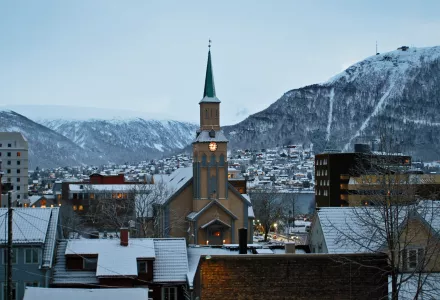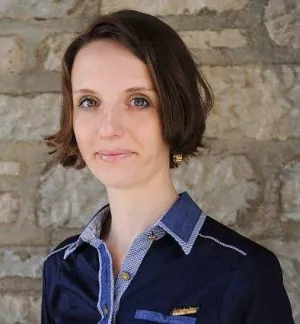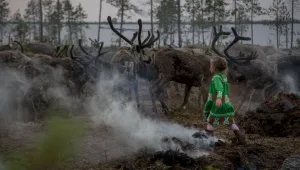
Abstract
Framing climate policy actions to be acceptable by various stakeholders in cities poses a critical task for urban governance. Despite the proliferation of studies on urban climate change governance in the past decades, framing as a mechanism for agenda-setting in local policymaking has received little attention. This paper draws on the literature on climate change discourse to analyze the content of framing and its reasoning in the two municipalities located in the Arctic: Murmansk (Russia) and Tromsø (Norway). Using qualitative research methods, including semi-structured interviews, document reviews, and discourse analysis, the paper finds that climate change is absent in the political discourse in Murmansk. At the same time, Tromsø authorities recognize climate change as a global and a local problem and incorporate it into local policies. It also identifies three factors that explain the (non)framing of climate change by the municipal authorities: (1) local authority to frame climate issues, (2) local political party branches’ climate preferences, and (3) prior experiences with weather extremes and scientific knowledge. Given that cities in the Arctic are on the front lines of climate change, learning from their framing experiences, other cities across the globe can seize the opportunities for their efforts to address climatic impacts.
Filimonova, Nadezhda. “Constructing Climate Change: Exploring How Cities Frame Climate Change in the Arctic.” Journal of Urban Affairs, May 23, 2024
The full text of this publication is available via Journal of Urban Affairs.



